Tree Saver Green Wood Sealer
For most woodturners, getting our hands on a freshly cut tree is like Christmas morning. But… if those fresh cut logs are left unsealed, they’ll crack to the point where they’re nothing but firewood. The same goes for rough turned bowls. If you want to dry them, they need to be sealed first. We’ve used wax based wood sealer for many years and it did pretty well although we always seemed to lose a few bowls to cracking.
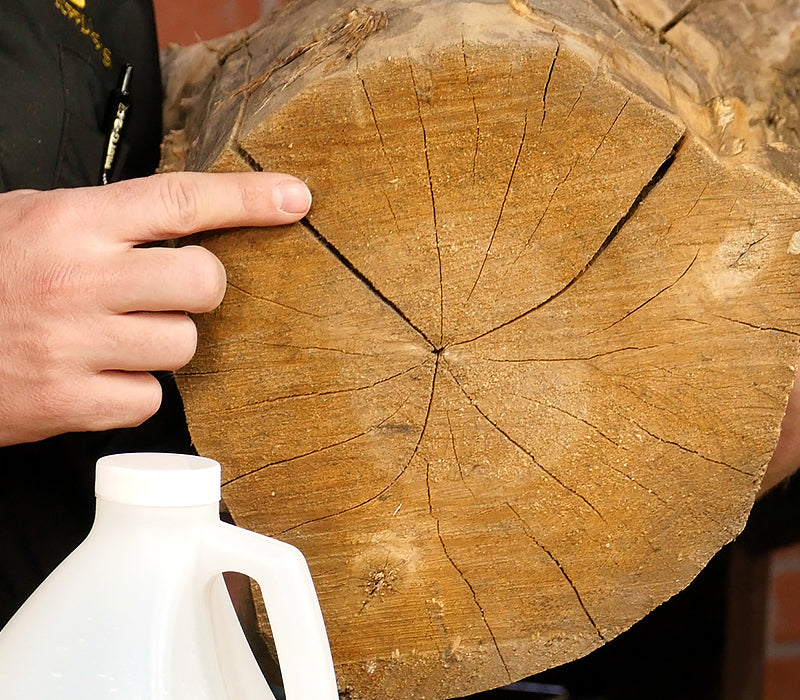
Wanting something better and with encouragement from Glenn Lucas, we developed Tree Saver wood sealer. It’s a special blend of poly vinyl acetate, or PVA that’s water-soluble and can be thinned up to 50% without affecting its performance. We tested Tree Saver for over a year and experienced a near zero failure rate and drying time was cut in half. Our friend Mike Mahoney uses Tree Saver wood sealer and has experienced similar results.
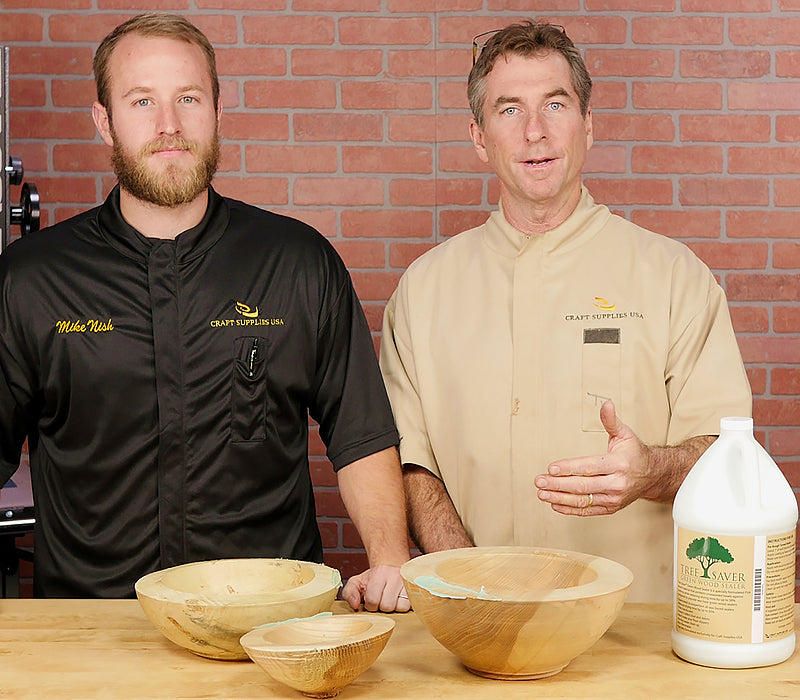
Here’s how you use Tree Saver sealer to get the best results. If you’re rough turning bowls to be dried, turn the bowl to shape leaving a 1” wall thickness throughout to allow for warping.
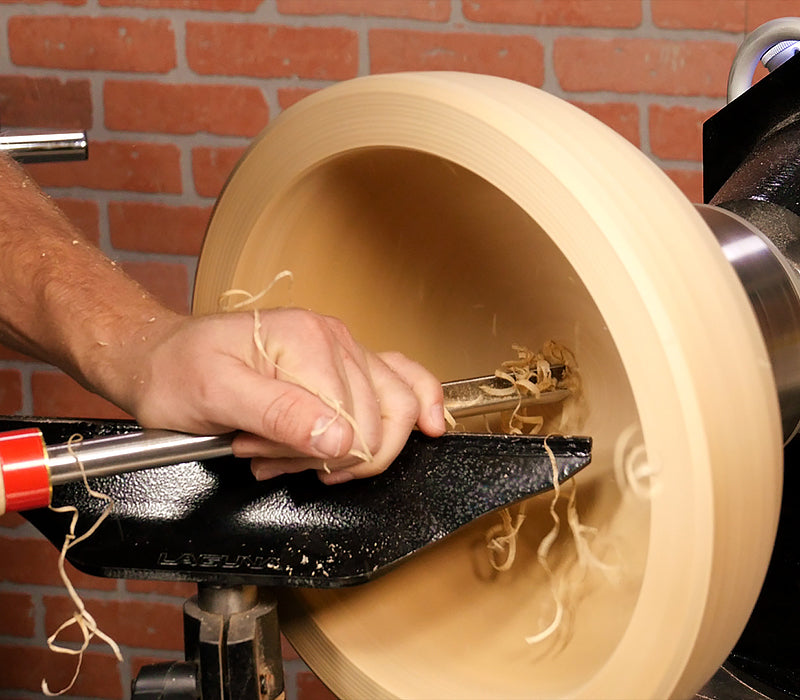
Next, using a standard paint brush and being sure to work the sealer into the wood fiber, seal the entire bowl with Tree Saver and set it aside for the sealer to dry. One coat will usually get the job done.
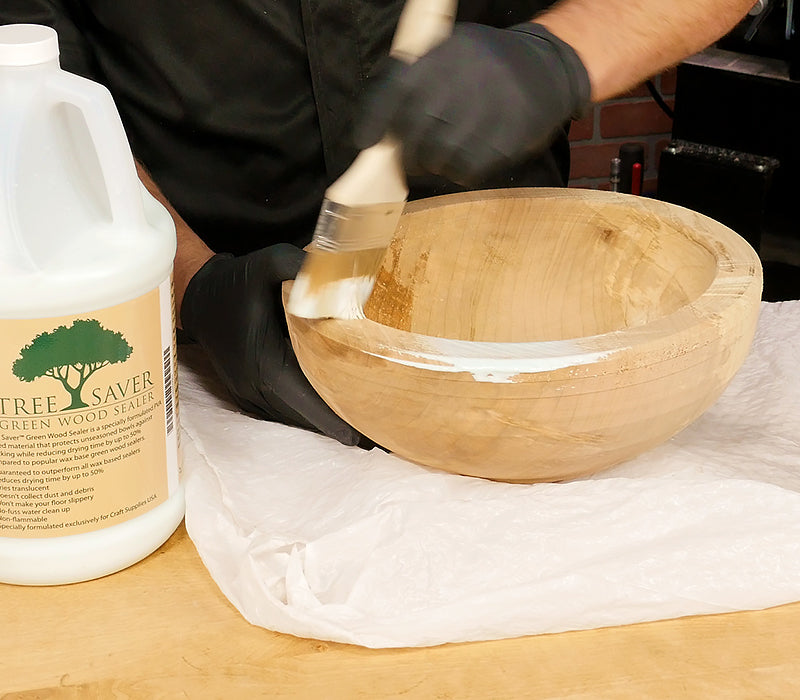
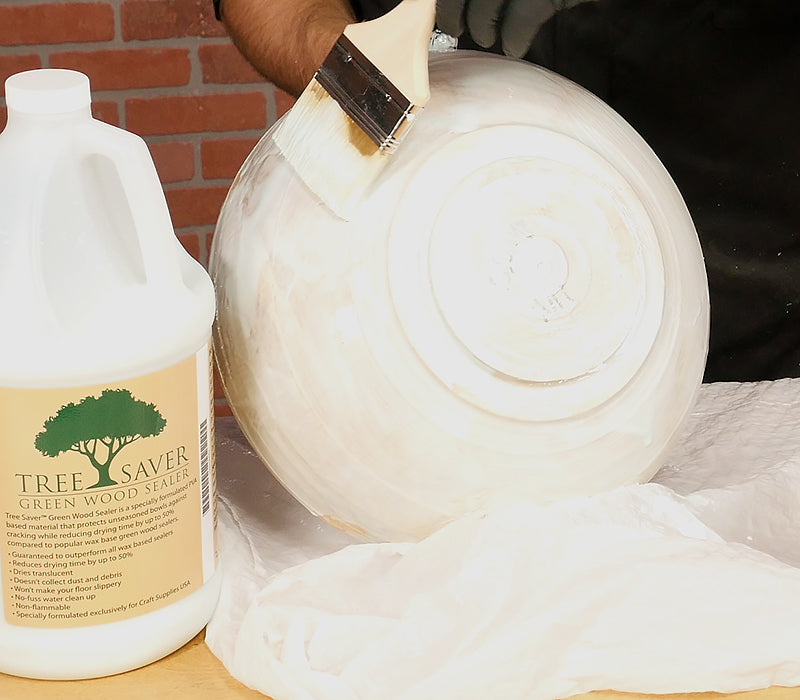
When the sealers dry, you can stack your bowls for drying to save space. Be sure not to stack them until the sealer is dry because getting them apart isn’t easy.
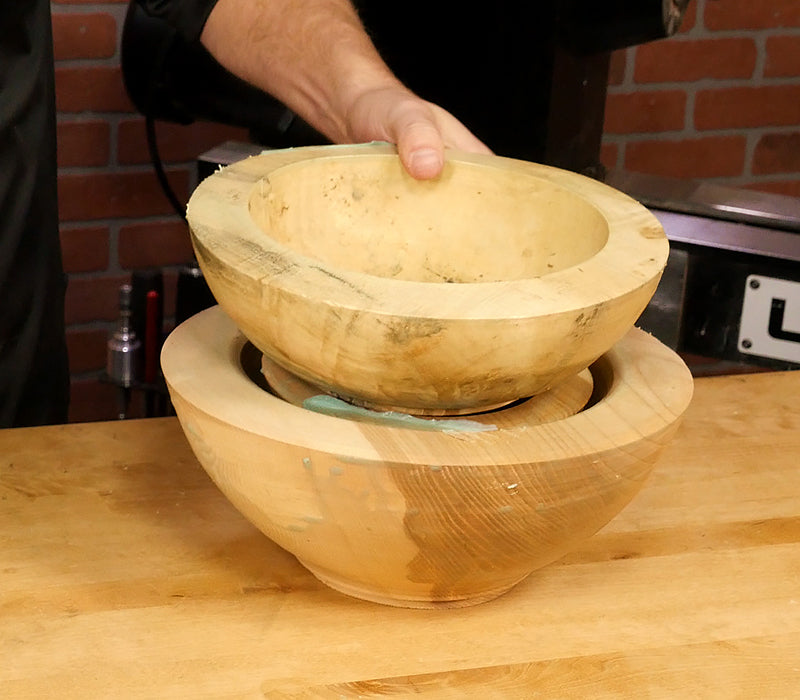
When sealing log sections and blocks, trim away material as needed until there are no visible cracks then seal the ends with a good, heavy coat.
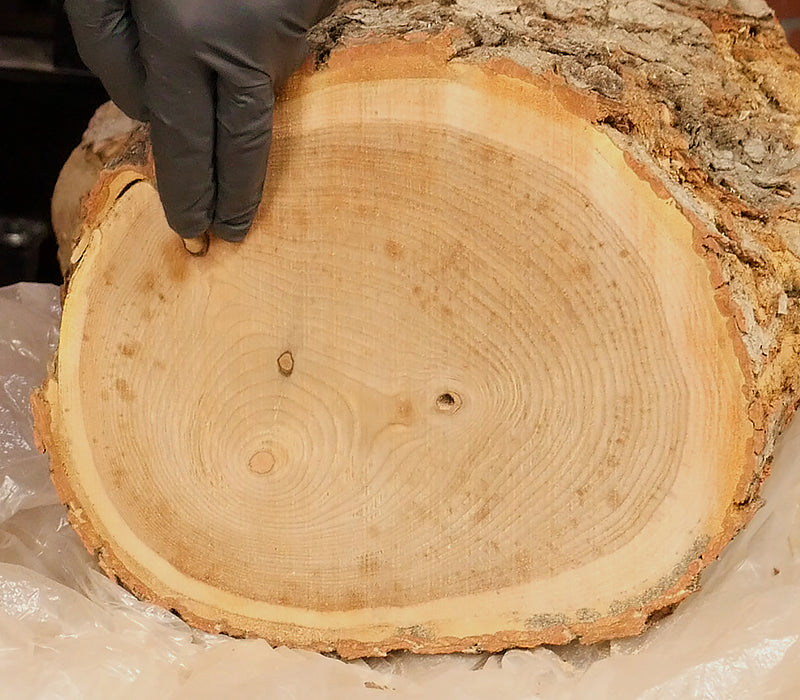
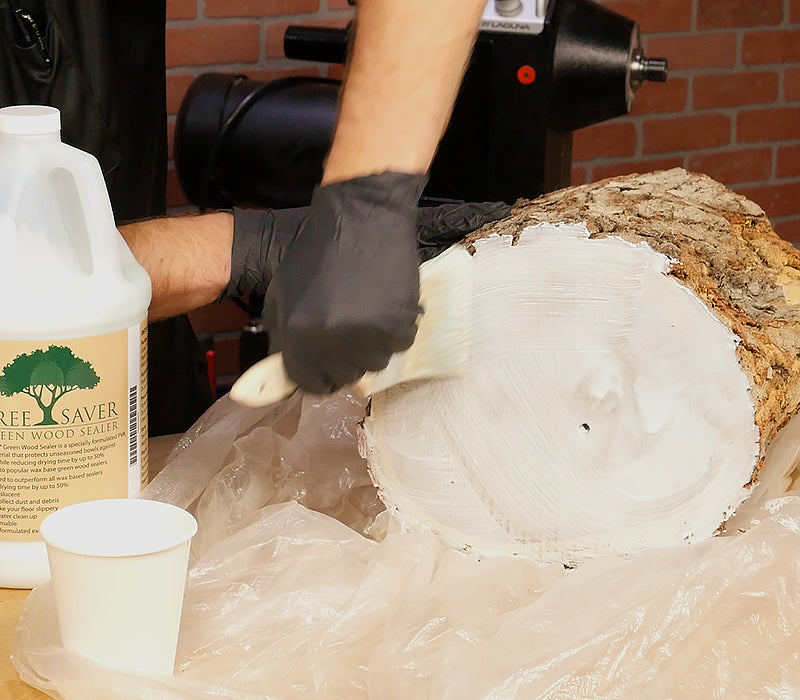
How do you know when a bowl is dry? Well, there are a couple of ways you can do it. You can use a moisture meter to check the moisture content of the blank from time to time making a note of the weight as you go. When the moisture content levels off, you know its dry.
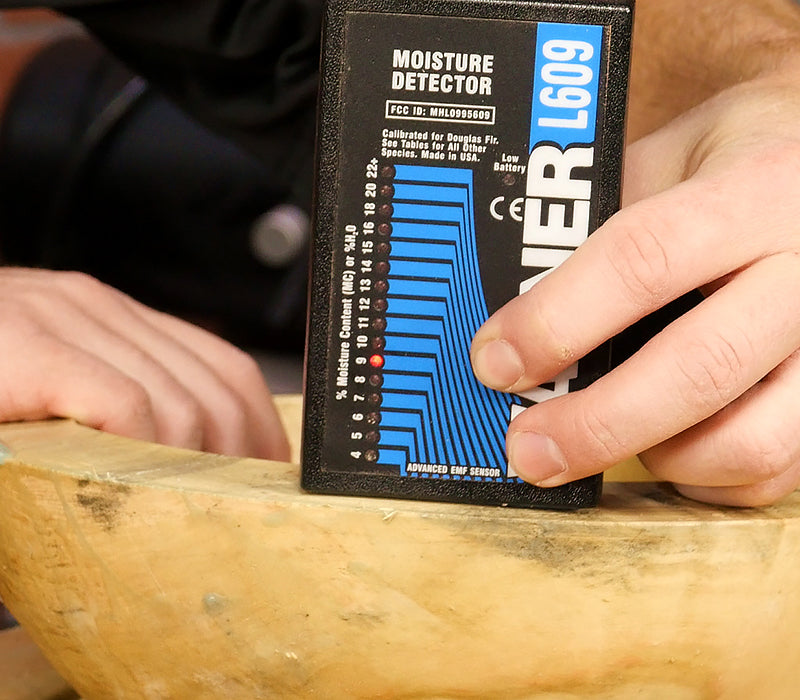
Another way is to weigh the blank after the sealer is dry and write the weight on the bowl. Weigh the bowl from time to time making note of it as you go. When the weight stops changing, you know it’s dry.
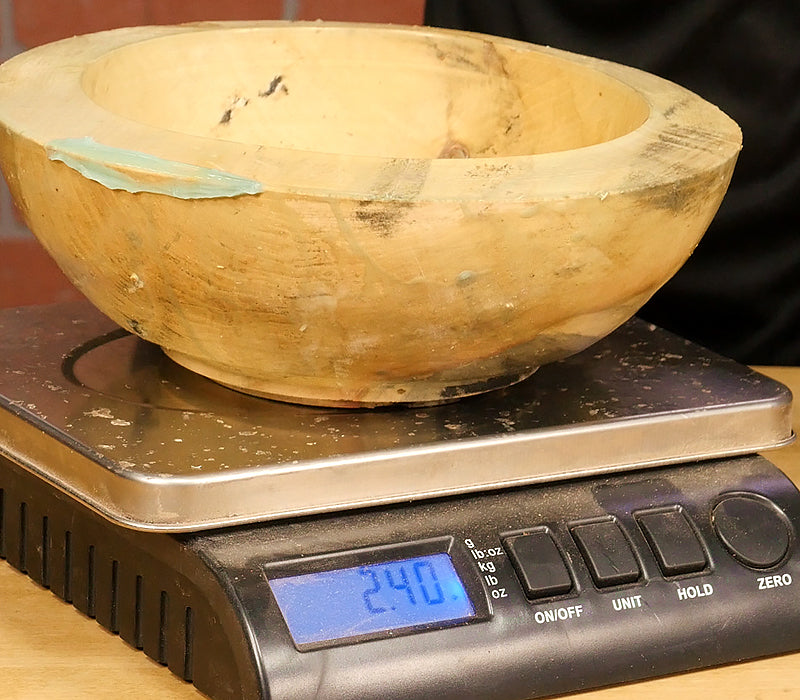
When the bowl is dry, just chuck it up and finish turning it at your convenience.
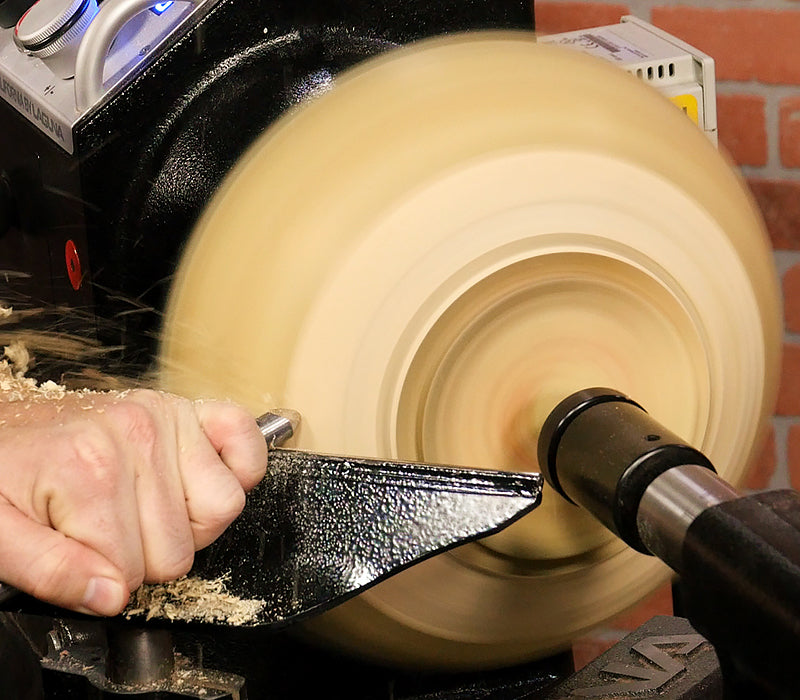
Oh yeah, another great thing about Tree Saver sealer is you don’t have to worry about the shavings making your floor slippery like wax based sealers do. If you’re looking for faster drying times and fewer cracked bowls and logs… Give Tree Saver a try, you’ll be glad you did.
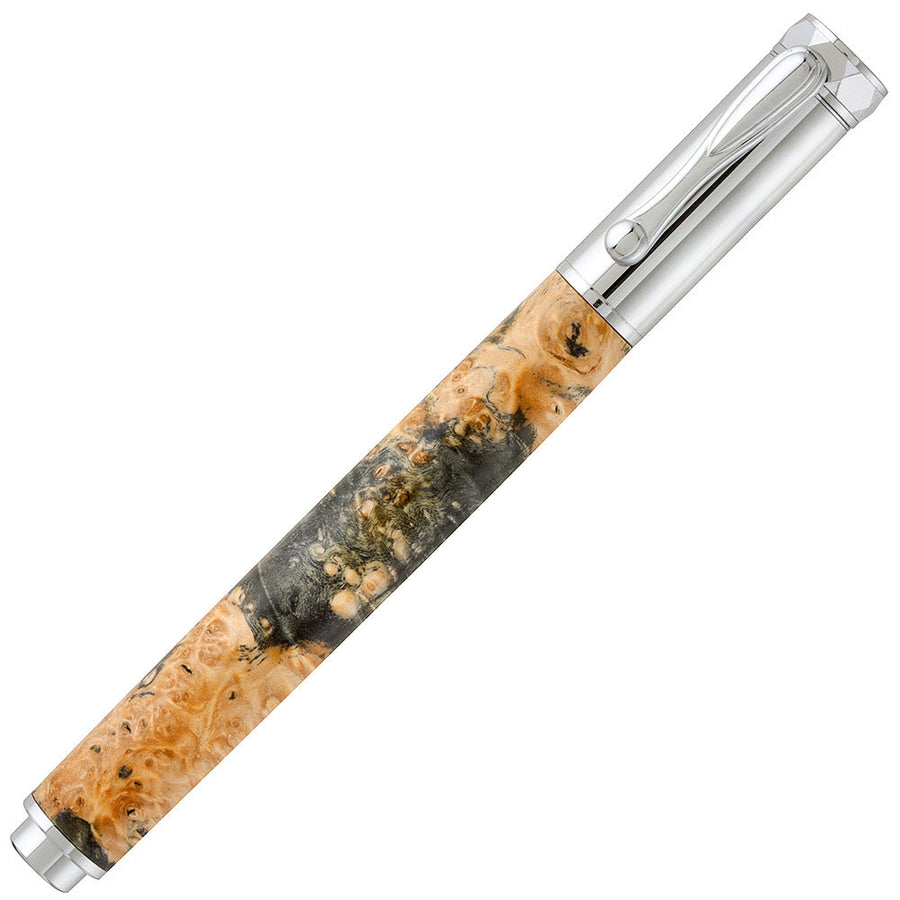
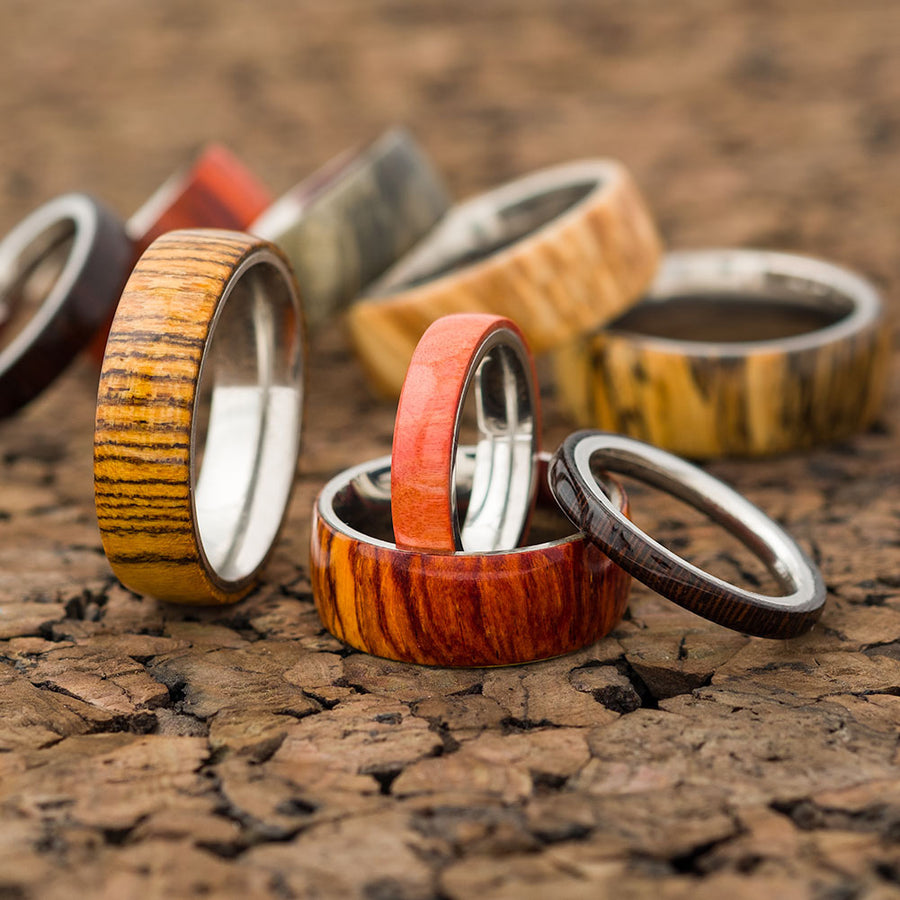
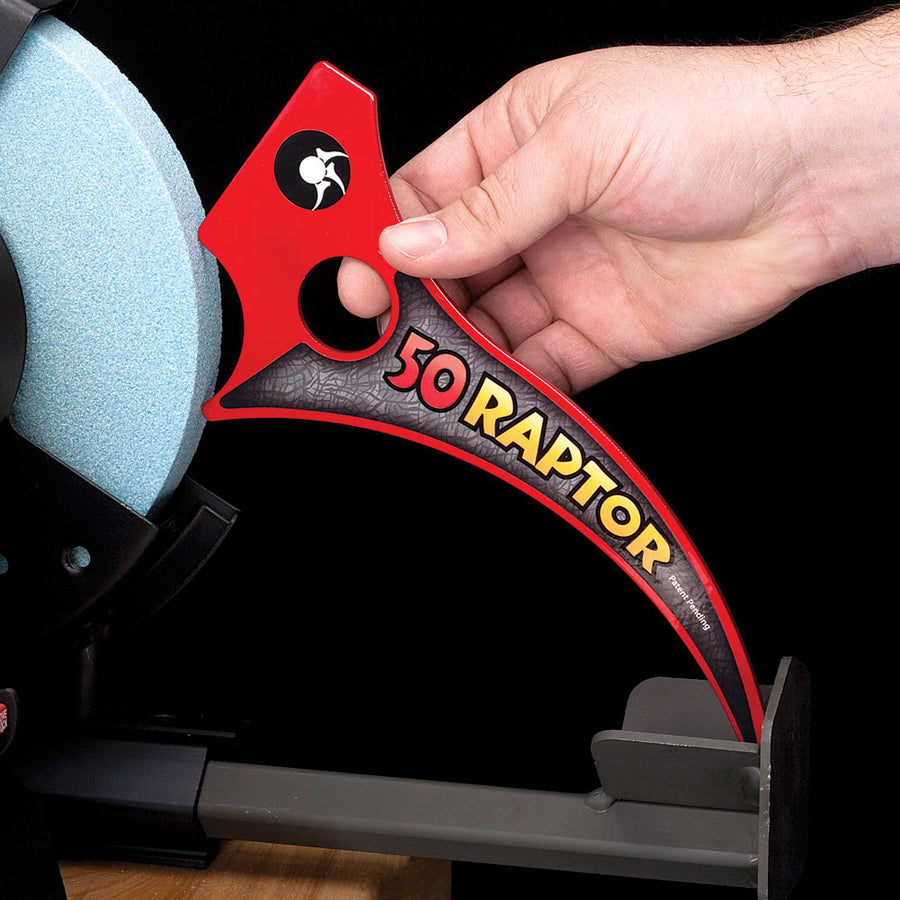
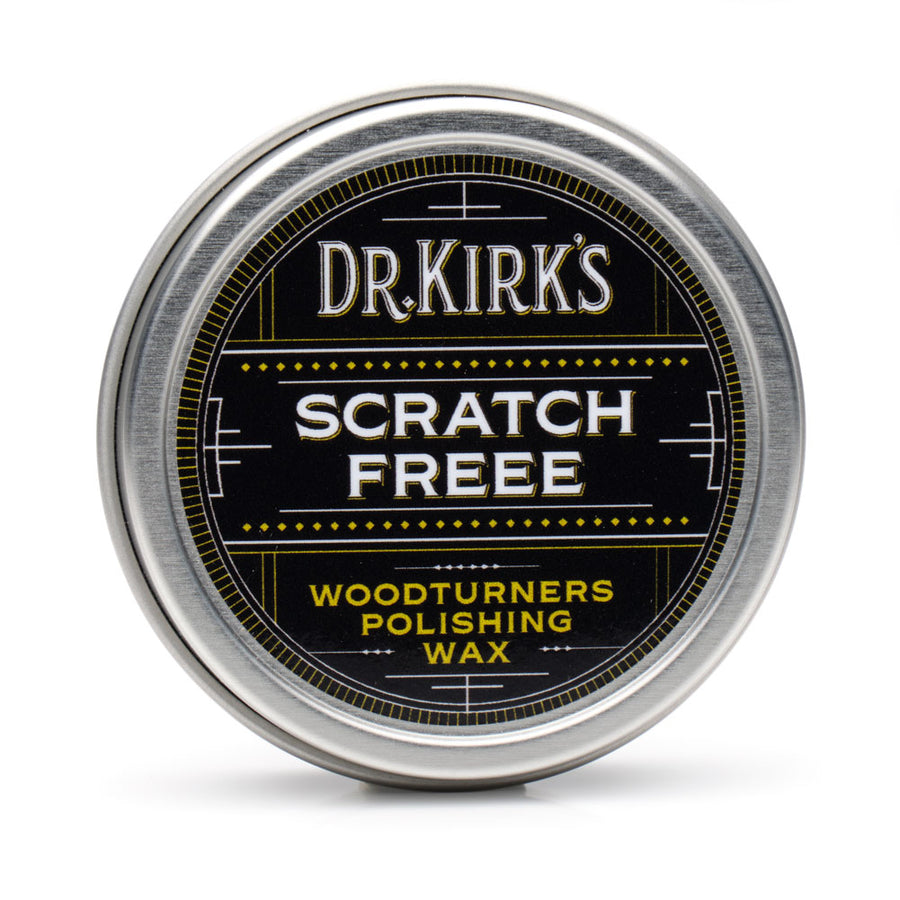
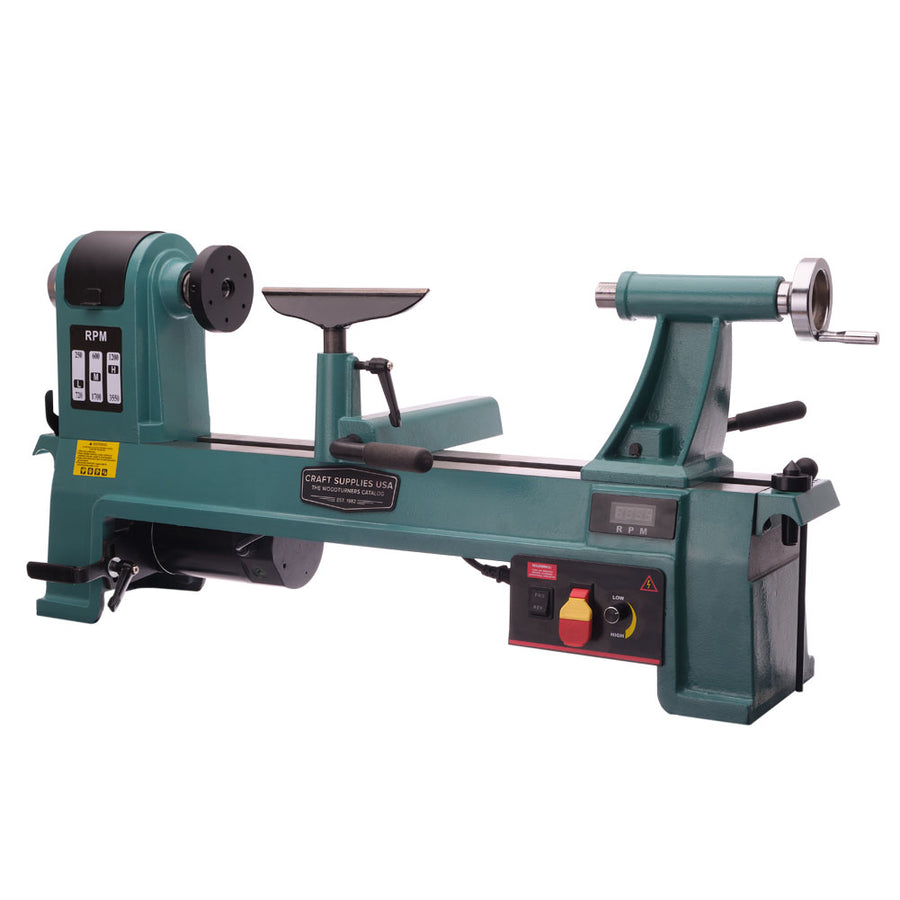
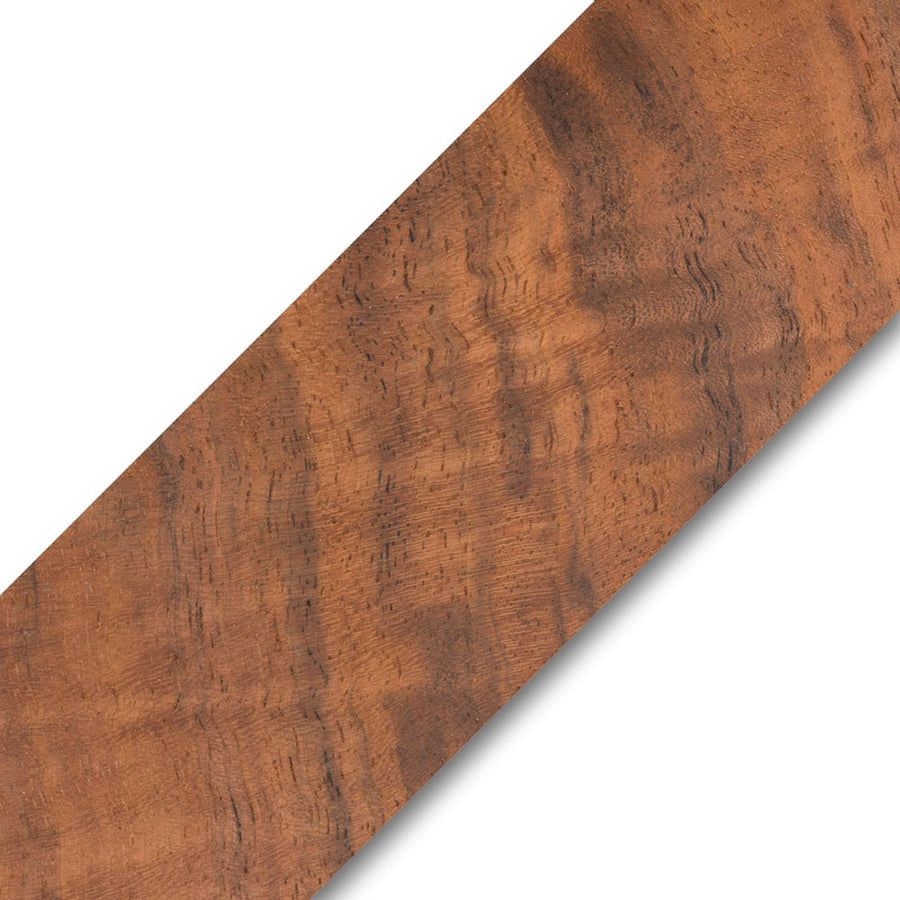


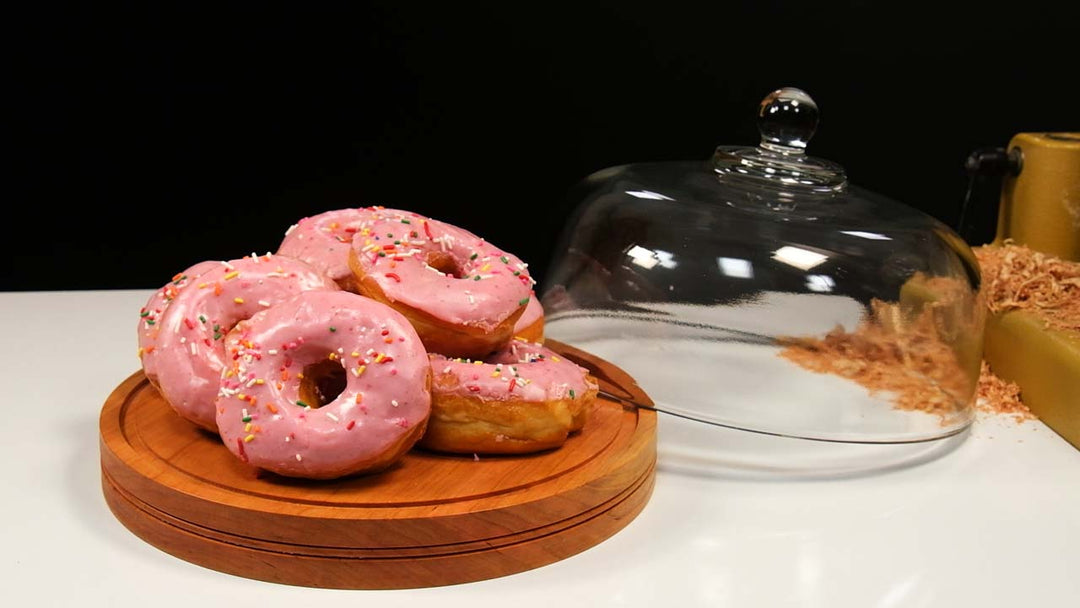
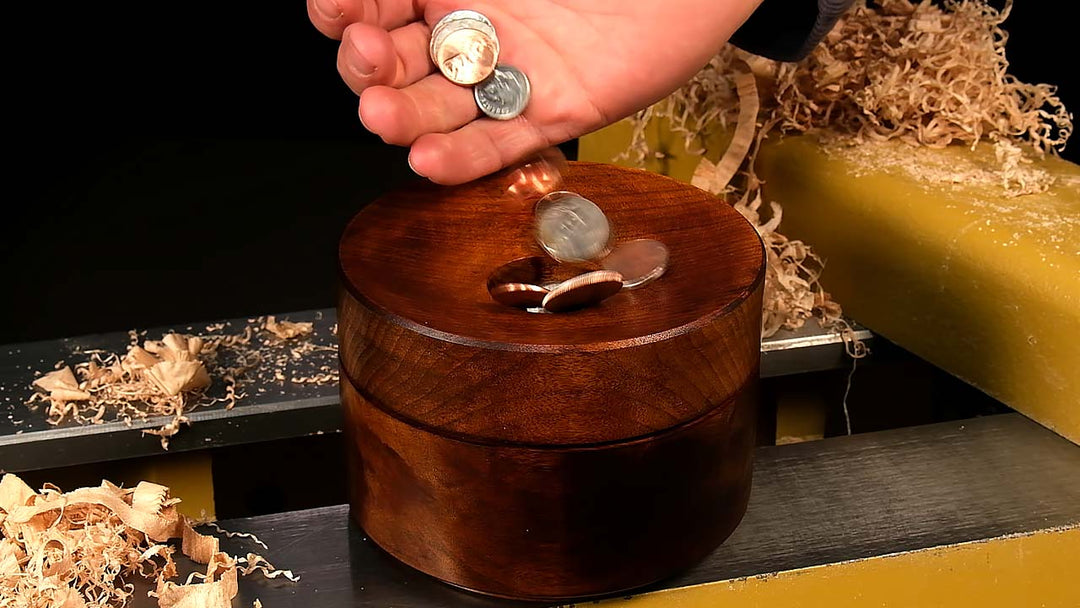
Leave a comment